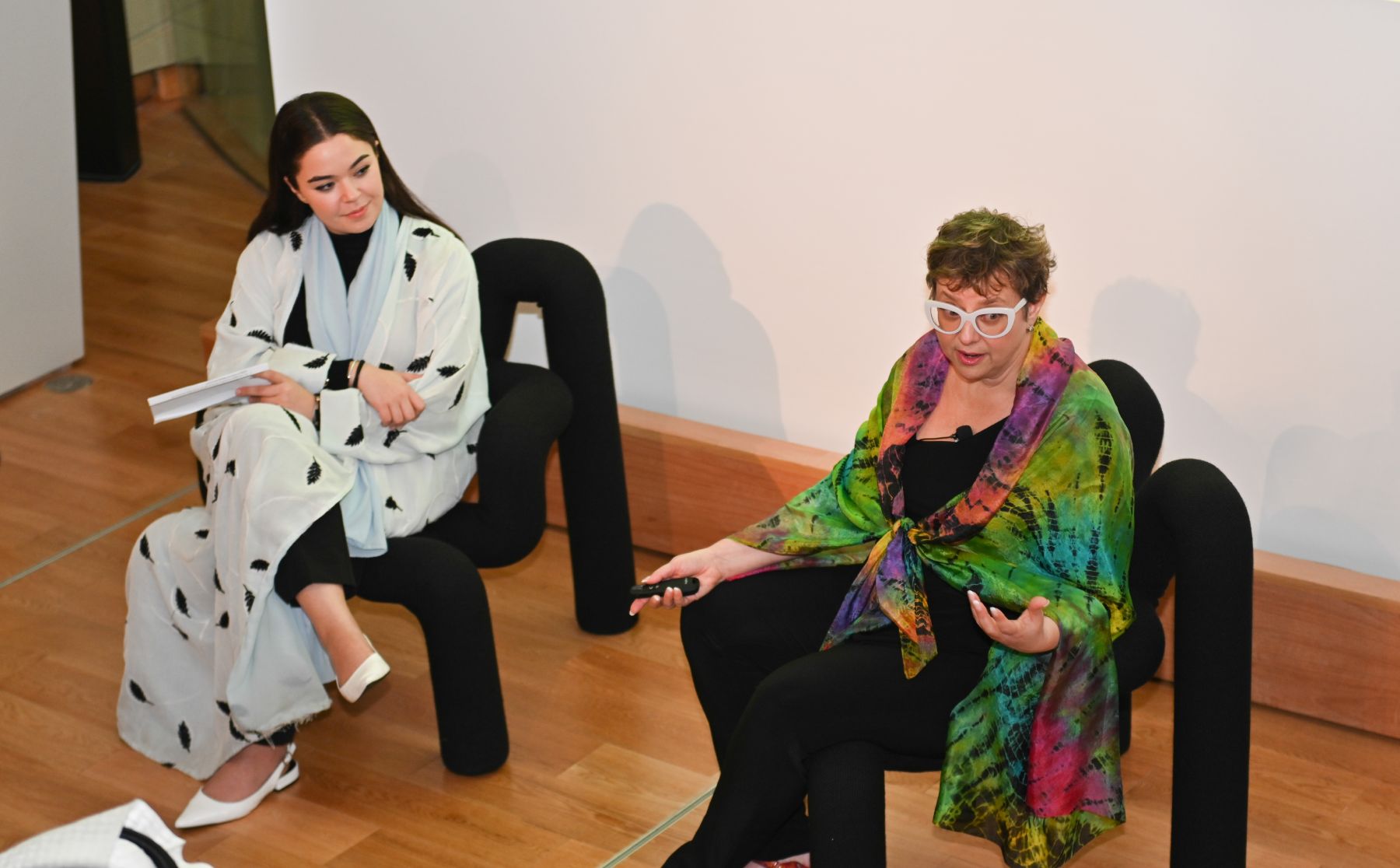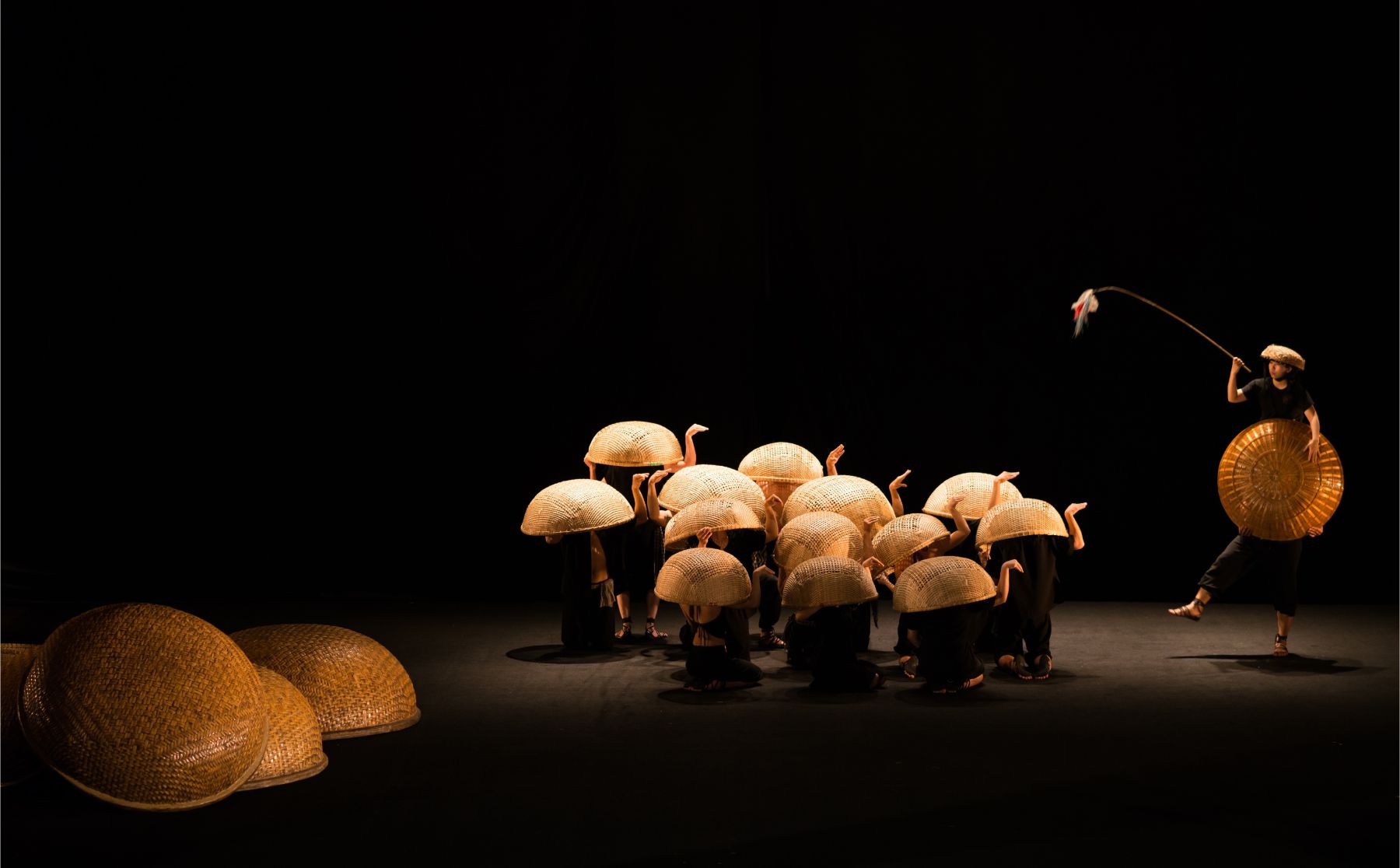Poets describing disease and pandemics
“A unique patient and a lonely poet,” is the phrase that kicks off the third episode of COVID Culture hosted by the King Abdulaziz Center for World Culture )Ithra) and streamed on Instagram. This episode spotlights poetry during illness and was hosted by Dr. Faisal Al-Shahrani, the host of Mutale Podcast, which focuses on issues and themes of Arabic heritage and literature. Dr. Al-Shahrani believes the merit of poetry is that it can relate to the lives of others. Poets create linguistic beauty by expressing their feelings, which spring from experiences of others as well as themselves.
Al-Shahrani calls poets philosophers, and makes the case that poetry is more philosophical than philosophy because so many poets resort to their pens during illness. He believes illness provides poets with an expanded ability to express what is inside of them. Illness, in his view, is a state which can be different from one poet to another based on their state and perspective. Once their illness is gone, this heightened poetic state ends. This is why, throughout history, we find so many poems about sadness, pain, loneliness and illness.
Al-Shahrani says suffering, anxiety and illness are wellsprings for creativity and art. It is why that during the time of COVID, so many poets lament cities, illnesses and pandemics. During this time the feelings of society deserve to be described in poetry because, he believes, it is the form of expression closest to people. Poetry is a means to express what the society is facing at any given moment. It can be described as “the bread” of everyone worldwide. He stresses that COVID will affect art and poetry globally and will change the perspectives of poets about themselves and their lives.
During his talk, Al-Shahrani mentions many examples of poets who wrote about their fevers. Al-Mutanabbi, for example, came down with a fever as he was leaving Egypt and so he wrote a poem called Oh fever! Leave me!
“Sick of body, unable to stand, vehemently intoxicated without wine . . .
And it is as though she who visits me were filled with modesty,
for she does not pay her visits save under cover of darkness.”
Dr Al-Shahrani concludes his talk by stating that a poet cannot write about illness unless they experience it. Poets feel the sickness of their loved ones. These feelings alleviate their own illness in a humanitarian and rational sense. Poets, Al-Shahrani concludes, can see what others cannot see.








